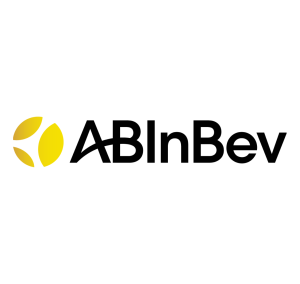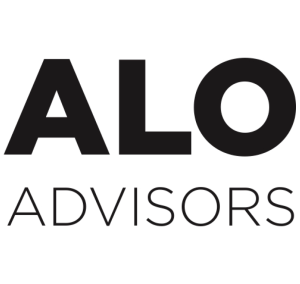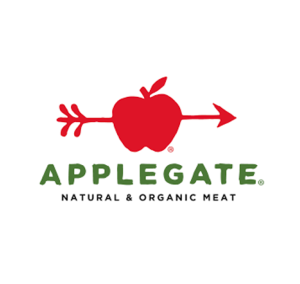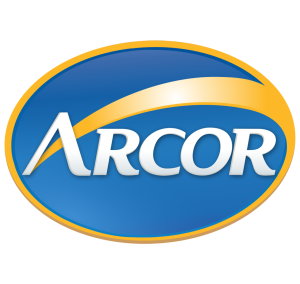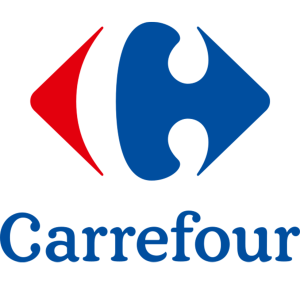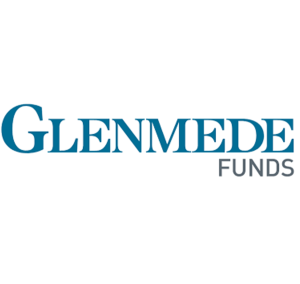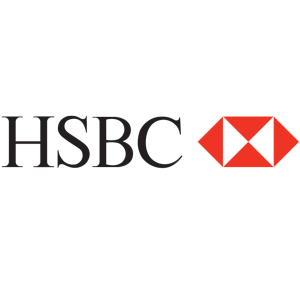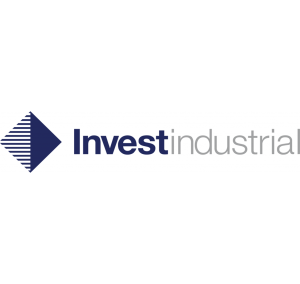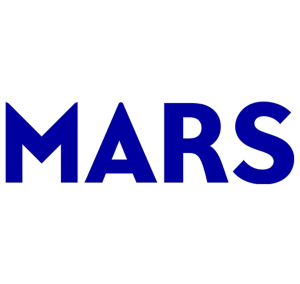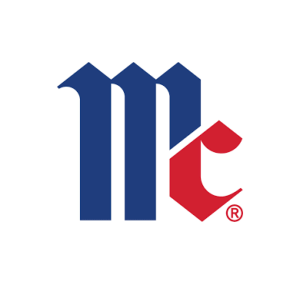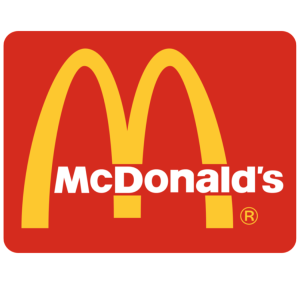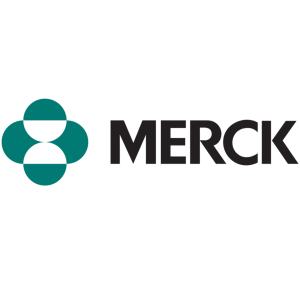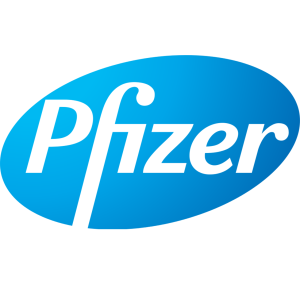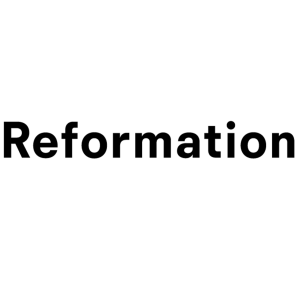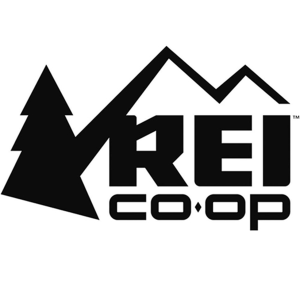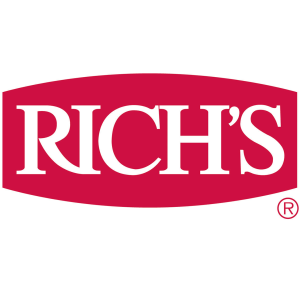
Return on Sustainability Investment (ROSI™) Methodology
ROSI is used by corporate leaders and investors to bridge the gap between sustainability strategies and financial performance.
ROSI™ Industry Frameworks

Healthcare Delivery Systems Decarbonization Framework
Leveraging the Return on Sustainability Investment (ROSI™) methodology developed by NYU Stern CSB, the Healthcare Delivery Systems Decarbonization Framework identifies 8 decarbonization strategies that healthcare delivery systems understand which decarbonization options fit with their budget and decarbonization journey and how to calculate the value associated with each practice and make the internal business case for decarbonization to secure resources.

Food & Agriculture Sustainable Strategies Framework
The Food and Agriculture Sustainable Strategies Framework was designed applying the ROSI methodology in three HSBC-funded projects with Anheuser-Busch, Hero Group, and Ingredion as well as various independently-funded corporate engagements. The framework identifies 12 strategies across the value chain, as well as practices and monetization models to address critical environmental and social challenges, build more resilient organizations, and drive financial value.

Apparel Industry Sustainable Strategies Framework
With support from HSBC Bank USA, NYU Stern Center for Sustainable Business partnered with a set of apparel companies on the ROSI methodology to estimate the value of tangible and intangible benefits that apparel companies can accrue by making strategic investments in more sustainable business practices. We engaged companies including EILEEN FISHER, Reformation, and REI in the project, and conducted both primary and secondary research leveraging industry experts, company contacts, and academic literature to inform our framework.
Resources for Understanding and Implementing ROSI
CSB offers extensive resources on ROSI for current and future business leaders to better understand how sustainability drives financial performance, including:
- An in-depth step-by-step overview of the ROSI process
- Original research publications in top tier academic and corporate journals
- Case studies on implementing ROSI in industries such as automotive, utilities, and agriculture
- Excel tools for testing ROSI focused on risk, talent, and operational efficiency
Collaborate with CSB on a ROSI Research Project
CSB partners with companies to deploy ROSI and unlock financial value within organizations. During the ROSI collaboration process, we will:
- Conduct research and interviews to determine benefits and construct monetization frameworks
- Analyze company data and perform monetization analyses and investigations
- Deliver key project findings that can be leveraged in core business strategy moving forward
- Educate and train senior leadership on applying ROSI internally throughout the firm
Reports and Papers
How to Talk to Your CFO About Sustainability
Most companies have committed to sustainability efforts—and yet many CFOs still see those efforts as a cost rather than a source of value. That makes it hard to unlock the internal financing needed to scale them up. This article demonstrates how the Return on Sustainability Investment (ROSI) methodology can help CFOs measure the financial returns on their sustainability activities.
Unleashing Sustainable Value in Food & Agriculture
A research collaboration between CSB and Deloitte, “Unleashing Sustainable Value in Food and Agriculture” provides deep dives into five segments of the value chain: processors, manufacturers, food services, restaurants, and retailers, with research and survey data on sustainability strategies that generate financial benefits in the food and agriculture industry.
Finding the Return on Sustainability Investment
Published in the Journal of Financial Transformation, managing for the material environmental and social issues affecting business today requires new strategies, practices, and tools. Our research explores how to best understand and track the financial return on sustainability investments, to assist companies with their decision making, and improve their bottom-line as well as societal impact.
Building the Financial Case for ROSI™
At the 2024 Practice Forum, Founding Director Tensie Whelan presents the latest cases studies of companies using ROSI™ to identify, track, and monetize sustainability returns driven by innovation, operational efficiency, employee engagement, brand enhancement, and risk mitigation.
PARTNERING WITH BUSINESS LEADERS TO DRIVE CHANGE
